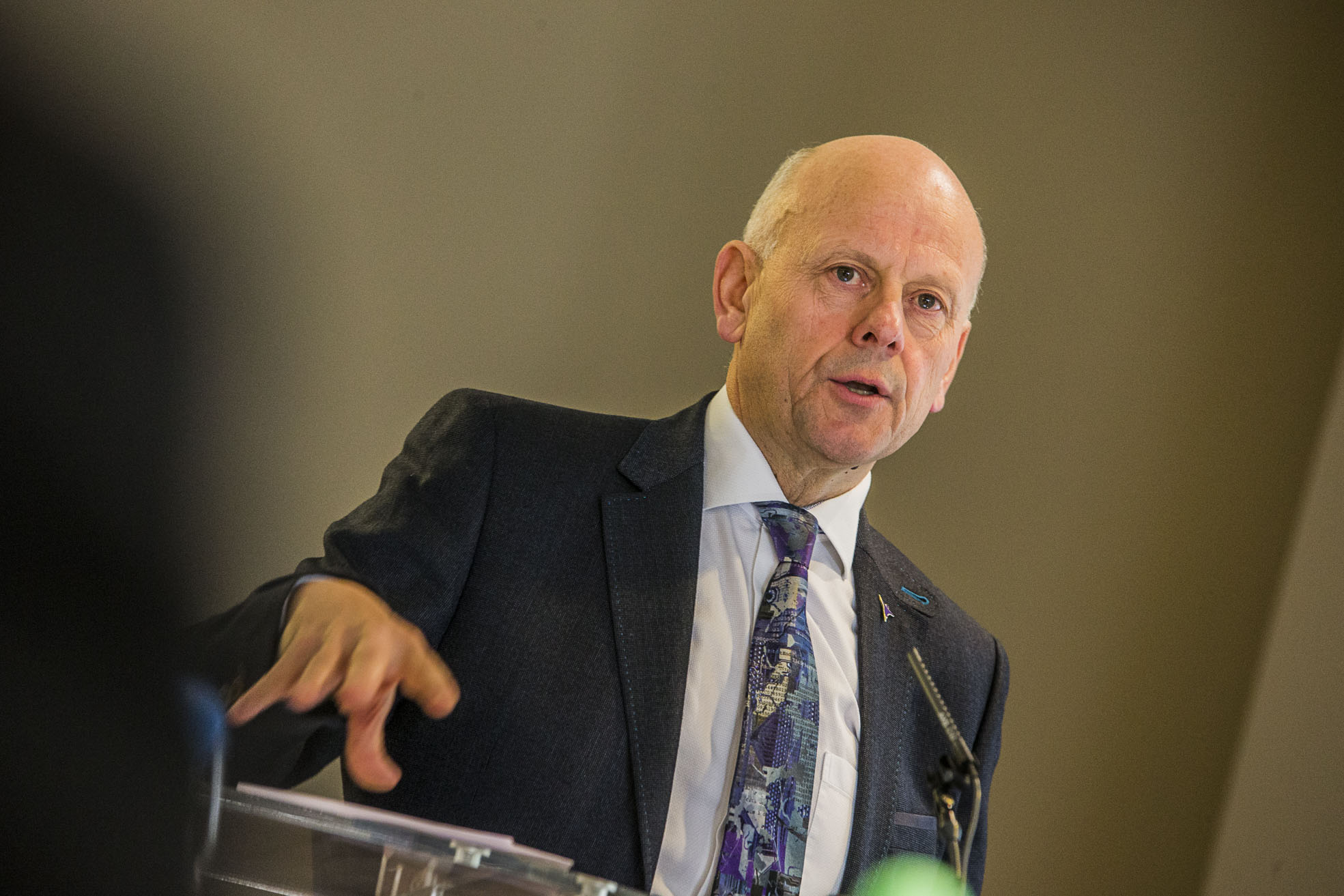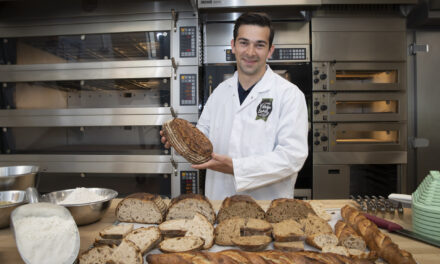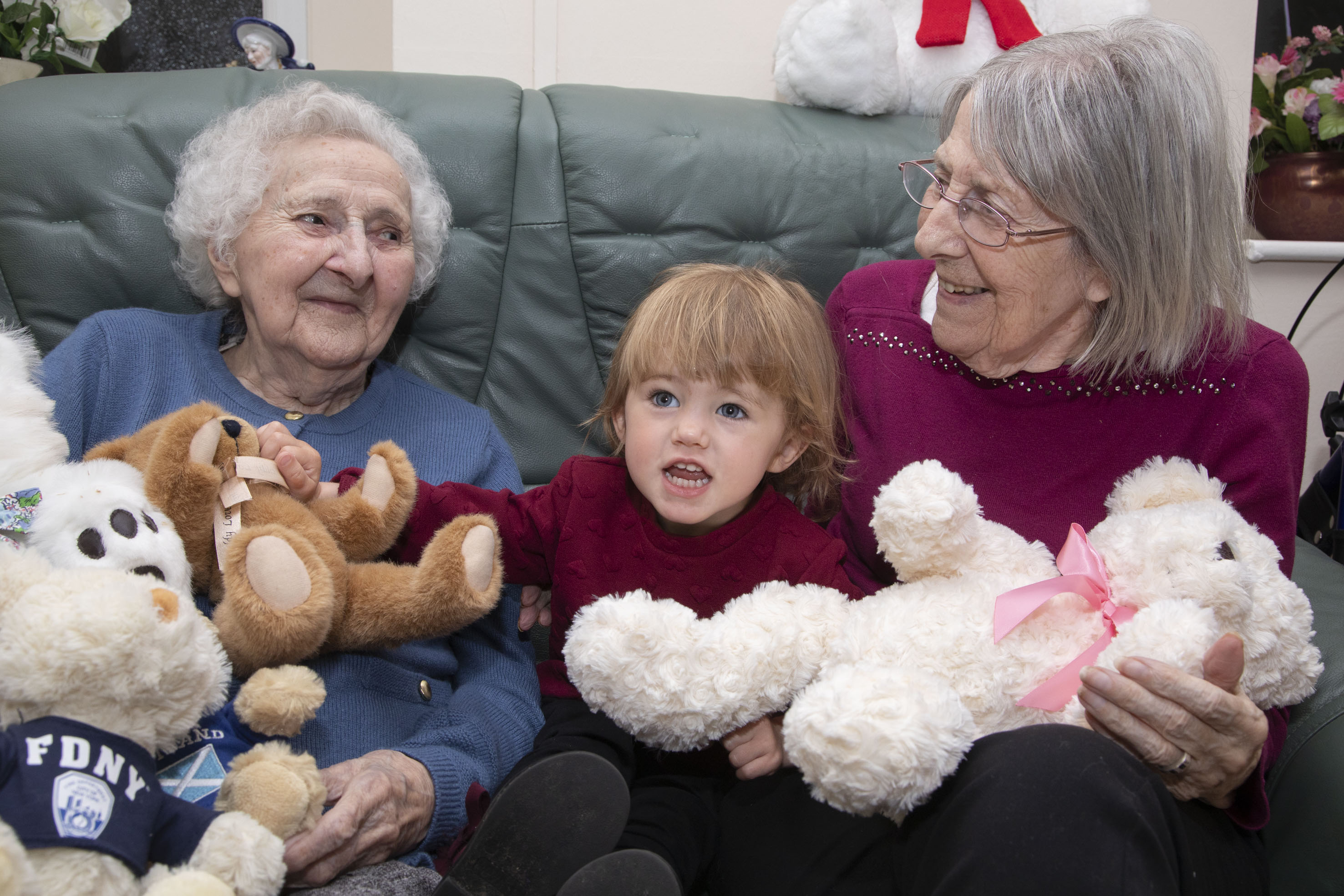A social care leader is calling for the authorities to put prejudice about the private sector in to one side to solve the crisis facing the NHS this winter.
Mario Kreft MBE, the Chair of Care Forum Wales, stressed the need for everybody to work in partnership following the publication of a report by the Welsh Assembly Health, Social Care and Sport Committee into “winter preparedness”.
According to Mr Kreft, the key findings chimed with what Care Forum Wales had been saying more many years.
The report’s first recommendation was that there needed to be more integration between the health and social care sectors and that, crucially, the independent sector needed to be part of the solution.
The report also highlighted concerns about the financial viability of the sector in the light of the many care home closures which have reduced the number of available beds.
Another problem is that domiciliary care contracts to look after people in their own homes are being handed back to local authorities because they are financially unsustainable.
It also flagged up the need for improved training, skills development and supervision across all the health and social care sector.
Mr Kreft said: “Our hospitals are staffed by wonderful, dedicated people. The unprecedented levels of need and overwhelming pressures are not their fault. It’s the system that’s dysfunctional.
“A study by the respected Joseph Rowntree Trust in England has shown that 30 per cent of the people in hospital shouldn’t be there at all.
“That means there are also many people in hospital in Wales who would be better off somewhere else receiving more appropriate care, more suited to their needs.
“As a result these people are having unnecessary, extended stays in hospital because they can’t be discharged to their homes. The upshot is that this deprives people who do need a hospital bed. It’s a vicious circle.
“I welcome this report because health and social care are intrinsically linked and should be properly integrated. Often people need social care support on their discharge from hospital – if it can’t be put in place they can’t be discharged
“Care homes and care at home providers can also provide support to prevent people going in to hospital in the first place.
“We can only make this happen if we have a true partnership between health, social services and independent social care providers.
“The Welsh Government has already recognised this, saying in its manifesto for the recent Welsh Assembly elections that they saw social care as sector of strategic national importance.
“Like our road and rail infrastructure, social care helps underpin the NHS and is the glue that bind communities together and enables the loved ones of those cared for to contribute to the economy.
“My view is that we need the new regional partnership boards with equal partners sitting round the table, to be effective, working with a new spirit of collaboration. They must be more than talking shops – they must deliver
“It’s time to put prejudice aside and replace it with partnership in the true meaning of the word. Let’s recognise that the independent sector is not the problem but part of the solution. We should be treated as key ally, we should be valued and supported
“One thing is certain, if the independent sector is not treated as a full and proper partner, the situation will get even worse and catastrophe could be just around the corner.
The inquiry was chaired by Plaid Cymru AM, Dr Dai Lloyd, who said: “Many of our recommendations, although important in terms of managing additional winter pressures, need to be considered as part of a much wider, whole-system review of health and social care services in Wales.
“Indeed, our overriding conclusion is that a more resilient NHS and social care service would be better equipped to cope with the considerable spikes in demand over the winter period.
“Without that greater resilience, efforts to manage winter-specific pressures will be more about trying to limit their effects than achieving the whole-system change which is so greatly needed.
“Considerable efforts and resources have gone into planning for the coming winter. Despite this, we are concerned about the ability of the system to cope with the additional pressures of the season, and its vulnerability to one significant event such as a flu outbreak or care home closure.”
The report went on to say: Capacity continues to be a significant problem in the domiciliary and care home sector, particularly given the increased reliance on it during the winter period and the very real concerns about its sustainability in light of a number of recent home closures.
“We note the steps being taken by the Minister and her officials in relation to gaining a greater understanding of the demands on the sector, and we were interested to hear that she will shortly be in a position to have the first market statement for the whole sector.
“We would be interested to see the results of this, and we ask that she makes this information publicly available at the earliest opportunity.
“More broadly, we believe there is a need for improved training, skills development and supervision across all the health and social care sector, with an increased emphasis on working jointly across these sectors.”










